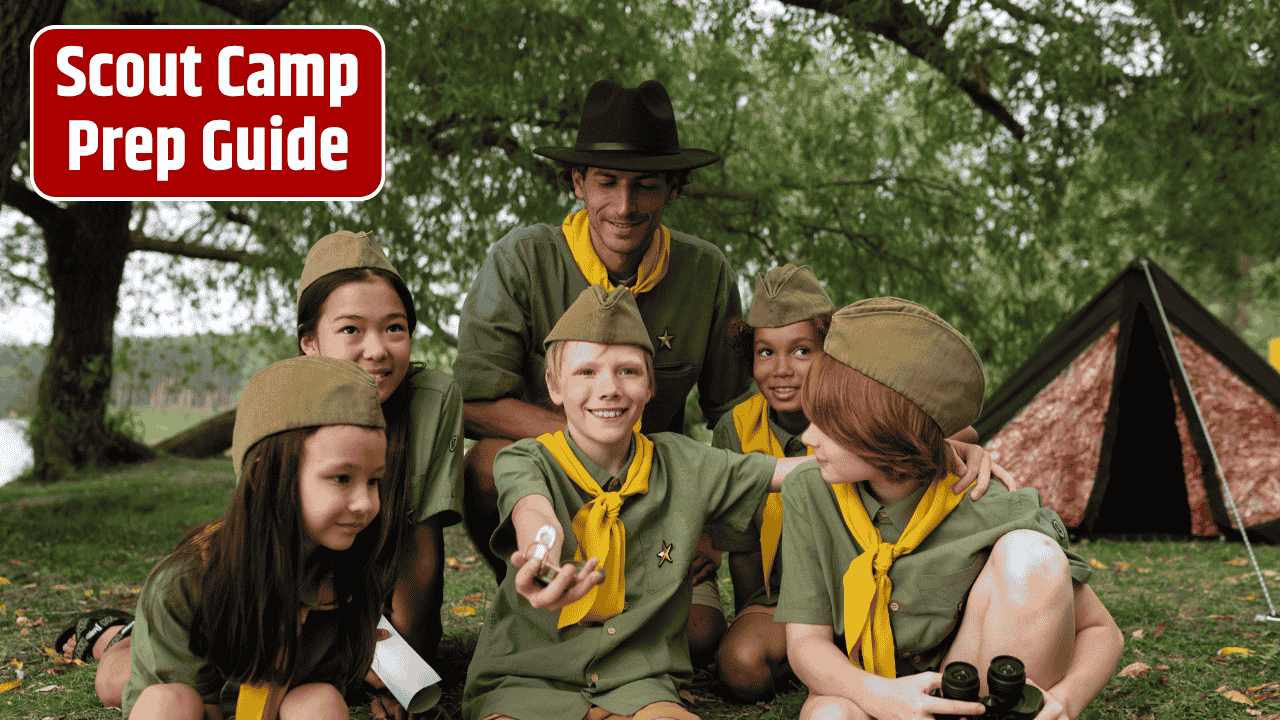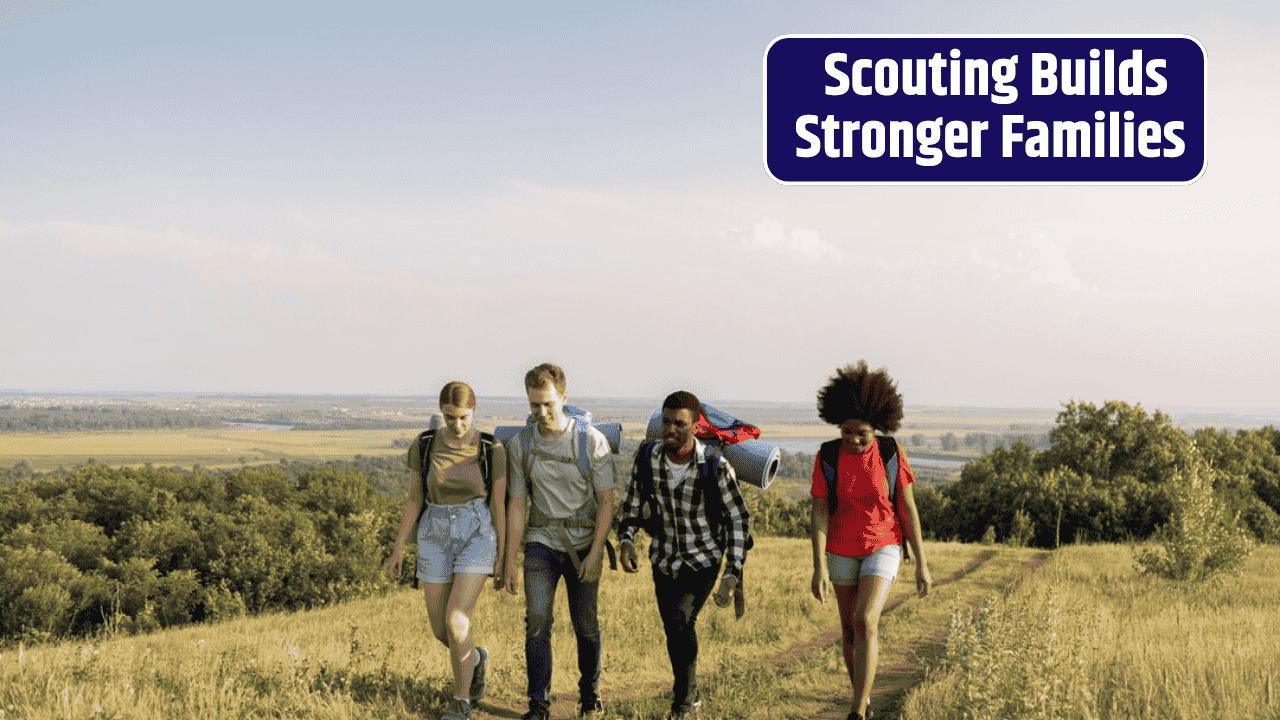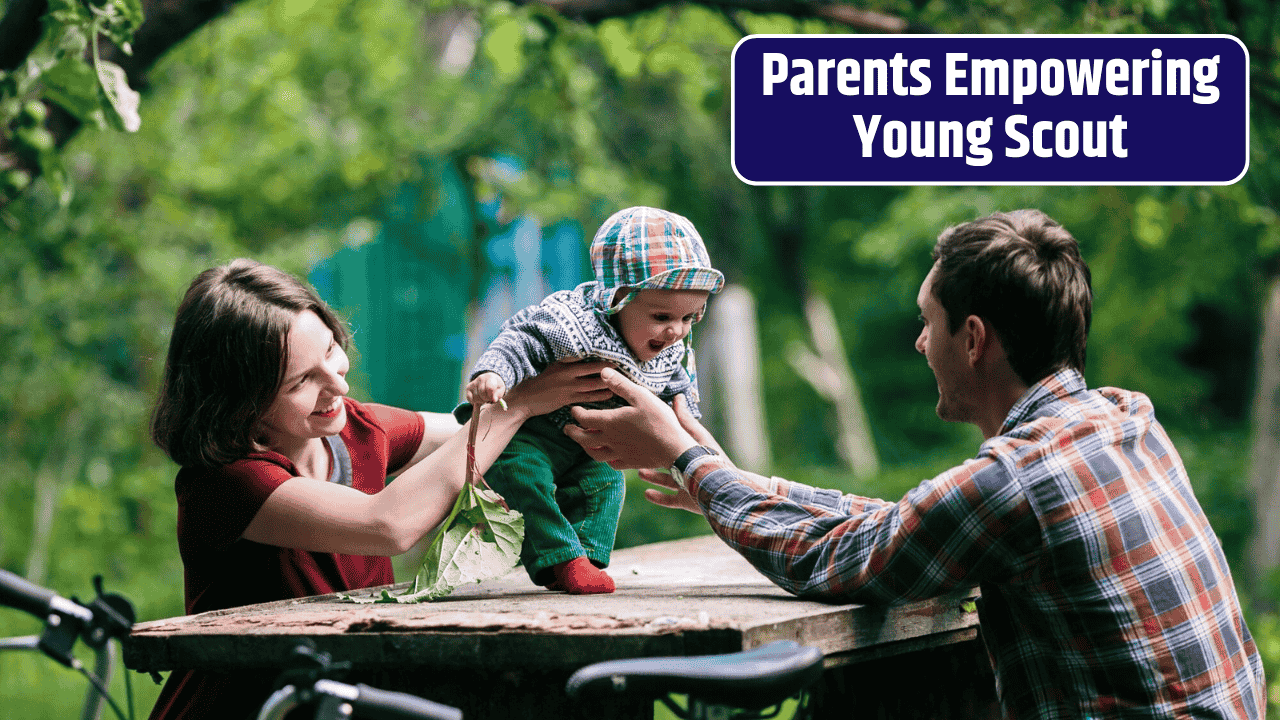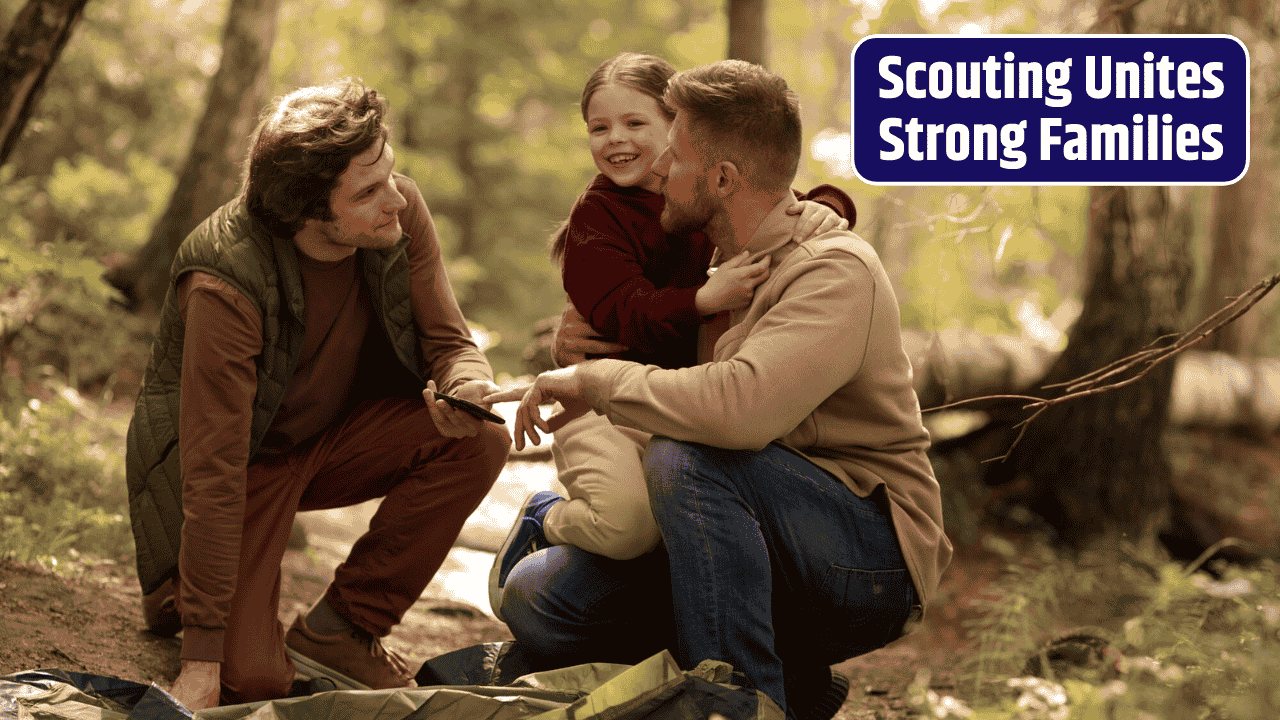Sending your child to their first overnight Scout camp is a big milestone—for both you and your Scout. It marks the beginning of new adventures, independence, and outdoor learning. To help make this a positive experience, preparation is key. From packing the right gear to building emotional readiness, here’s how you can get your Scout ready for their first overnight camp with confidence.
Talk About What to Expect
Start by having open conversations about what camp will be like. Talk about sleeping in tents, eating meals outdoors, and participating in group activities like hiking, games, or learning new skills. Set realistic expectations—explain that there might be bugs, mud, or even homesickness, but it’s all part of the adventure.
Encouraging your child to ask questions helps them feel more in control and less anxious.
Practice Makes Perfect
If possible, do a test run at home. Pitch a tent in the backyard or have a sleepover at a friend’s house. This lets your Scout experience sleeping away from home and builds comfort with the idea.
You can also practice routines like using a flashlight, packing a backpack, or rolling up a sleeping bag. These small things build self-confidence.
Involve Them in the Packing Process
Let your Scout help pack their gear. When they know where everything is, it’s easier for them to stay organized at camp. Go over each item and explain why it’s needed.
Suggested Packing List:
| Category | Items |
|---|---|
| Clothing | Extra socks and underwear, weather-appropriate layers, rain jacket |
| Sleeping Gear | Sleeping bag, pillow, sleeping pad or mat |
| Toiletries | Toothbrush, toothpaste, soap, washcloth, towel, comb |
| Outdoor Essentials | Flashlight or headlamp (with extra batteries), water bottle, bug spray |
| Scout Gear | Uniform, handbook, notebook, pen or pencil |
| Optional Items | Favorite book, small stuffed animal, card games |
Label everything with your Scout’s name to avoid mix-ups.
Teach Basic Skills
Before camp, go over basic self-care and safety rules. Teach them how to:
- Stay with the group
- Keep track of their belongings
- Ask for help from leaders
- Use sunscreen and bug spray properly
- Stay hydrated
These skills help them feel more prepared and less reliant on adults.
Address Homesickness Earl
It’s normal for kids to miss home, especially during their first overnight experience. Reassure them that it’s okay to feel nervous but remind them that they’re capable of handling it.
Avoid promising early pick-ups or constant communication. Instead, build confidence by focusing on what they’ll enjoy and achieve at camp.
Trust the Process
Scout leaders are trained to support new campers. Let them know if your child has any specific needs or concerns, but try not to hover. Giving your Scout the space to grow is one of the best gifts you can offer.
Getting ready for an overnight camp isn’t just about what goes in the backpack—it’s also about building independence and confidence. With the right preparation, your Scout will be better equipped to enjoy the experience, make new friends, and return with stories they’ll never forget.
FAQs
What age is appropriate for overnight Scout camp?
Most overnight camps are designed for Scouts aged 6–10 and older, depending on the program. Check with your local council for age guidelines.
Should I send letters or care packages?
Some camps allow letters or emails. Avoid sending care packages unless permitted. Keep communication light and encouraging.
What if my child has special dietary needs?
Inform the camp in advance. Most programs can accommodate dietary restrictions if given notice.
Can they bring electronics?
Most Scout camps have a no-electronics policy to encourage outdoor engagement. Check your camp’s rules.
How long do overnight camps usually last?
First-time overnight camps often run 1–3 nights. Programs for older Scouts may last longer.






